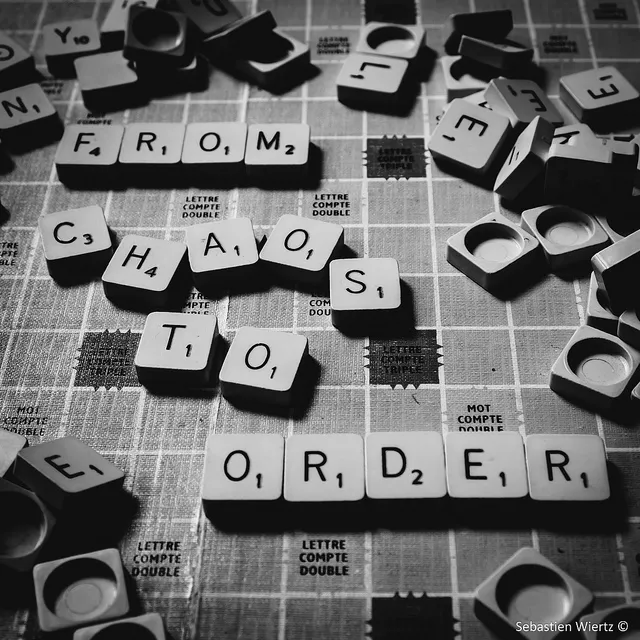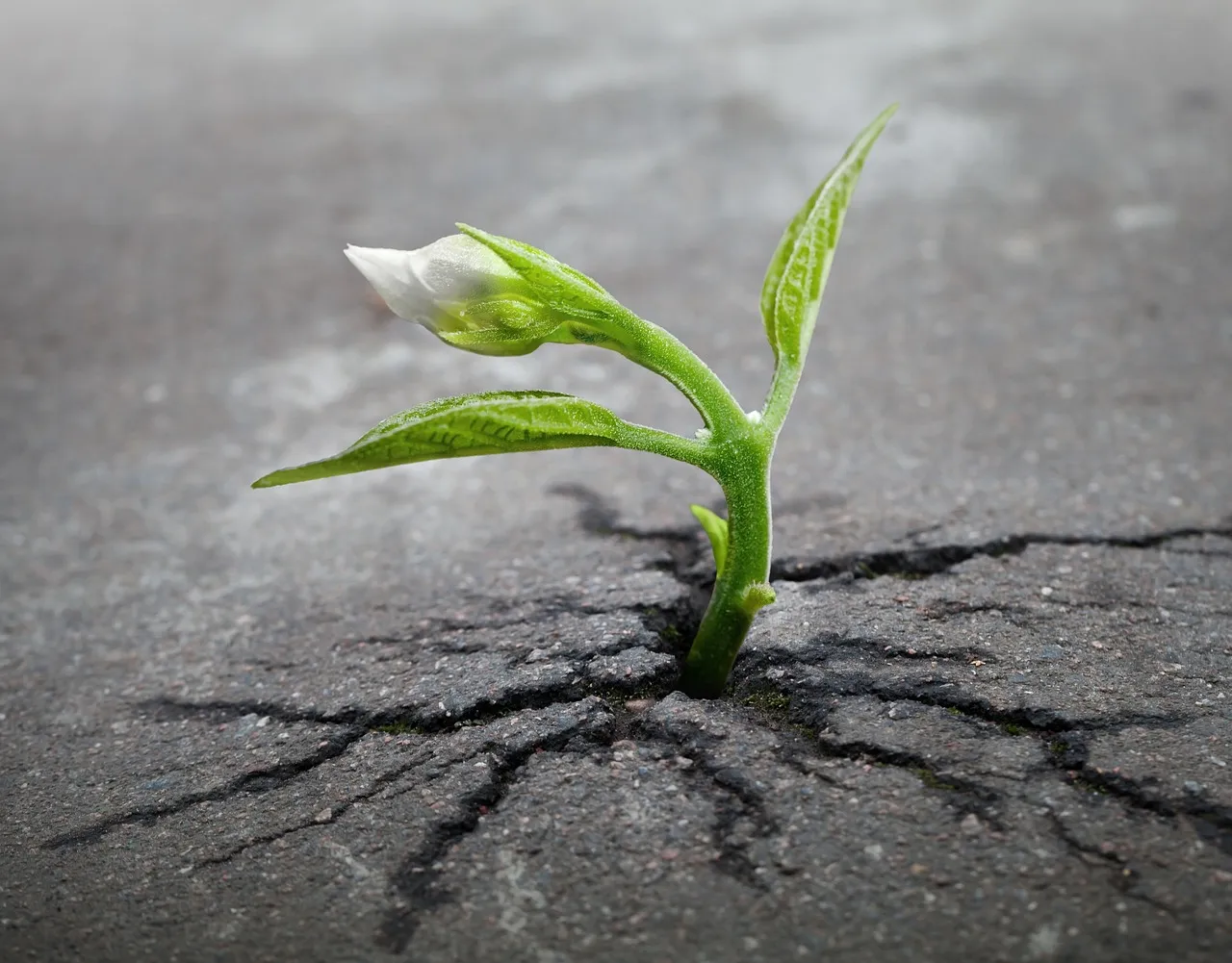Anarchy is an idea that’s gaining a lot of steam these days. As the global state of affairs gets worse and corruption gets more blatant it’s completely understandable that people are attracted to the idea of a complete anarchy. Though while the values and concerns that often lead a person to anarchist ideology are sound, there's something about anarchy that's always overlooked.
It Could Never Last
Purist anarchists often have this idea of an anarchist utopia: a world which is just and peaceful—in which people live with equality and nobody looms over everyone else. While an egalitarian society in which everyone enjoys freedom is certainly possible, it could not be anarchistic. At least if we are using the strict definition.
Anarchy is a state in which there is no apparent social order. While this state could exist for a period of time, after some sort of disaster perhaps, it could never persist in that way. When groups of people come together, they intuitively form groups with certain agreements, intentions, and norms. People naturally come together and create social order where there is none.
That is, chaos seems to inevitably lead to organization. It cannot exist indefinitely.

This isn't so bad if it's temporary, but the question is: what comes after?
It Doesn't Get Better
Most anarchists don't really believe in anarchy as an ultimate, ideal, or consistent state of society. More likely is the mentality that anarchy is a transitionary phase to bring society out of the oppressive, exploitative, and corrupt patterns of the past and into a more just and egalitarian future.
Though historically speaking, this is never the case.
Take the Middle East, where war, poverty, and the overthrow of governments led to a major loss of social organization. What has happened? Many extremist groups have risen to power, taking advantage of the so-called power vacuum to impose their own form of control.
While it could certainly be argued that the reason for the emergence of this oppressive form of order is due to the meddling of other powers from elsewhere, that doesn’t address the inherent vulnerability of such a chaotic situation. These situations are ripe for some nefarious individual or group to consolidate power.
Disorder is the ideal environment for tyranny and oppression to emerge.

In 5000 years of recorded history, after all, there have been countless periods of rebellion leading to a state of relative anarchy. So far as I know, there has never been an instance of this leading to an egalitarian culture.
So what do we do?
Don’t get me wrong here. I share the values of the anarchist: sovereignty, justice, and freedom. I, too believe in the basic goodness of people and reject the notion that without laws and governments people will devolve into bloodthirsty killers. I agree that our society is corrupt and destructive. I agree that the issues of today can be traced back to the very core and foundation of our civilization.
There’s little doubt in my mind that in order for humanity to thrive into the future, an entirely new social order must be built from the ground up. But if we are going to create a new social order, we must do that now.
The anarchist has it backward. It is not that we must destroy what has been in order to create something new. It is that as we create something new, the old will inevitably be destroyed.
Rather than demolish what order there is that exists and build anew from ground zero—why don’t we plant seeds of the new from within and allow it to overgrow?

If we start from zero, we’re likely to make the same mistakes as before. But if we use what we’ve learned to create something amazing with what we have, we can nurture it and foster it until it devours this unjust system from within.
This is the true revolution as I see it. And it’s something that everyone can do. Plant a garden, start a nonprofit, create a conscious organization, build community. Seeds can be planted anywhere and as they grow, people will embrace them and abandon the archaic vestiges of our past.
This is the uplifting reality that the anarchist often can miss:
We don’t need to fight the system, we need only to starve it.